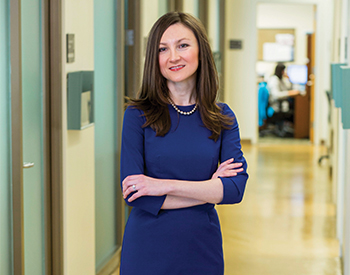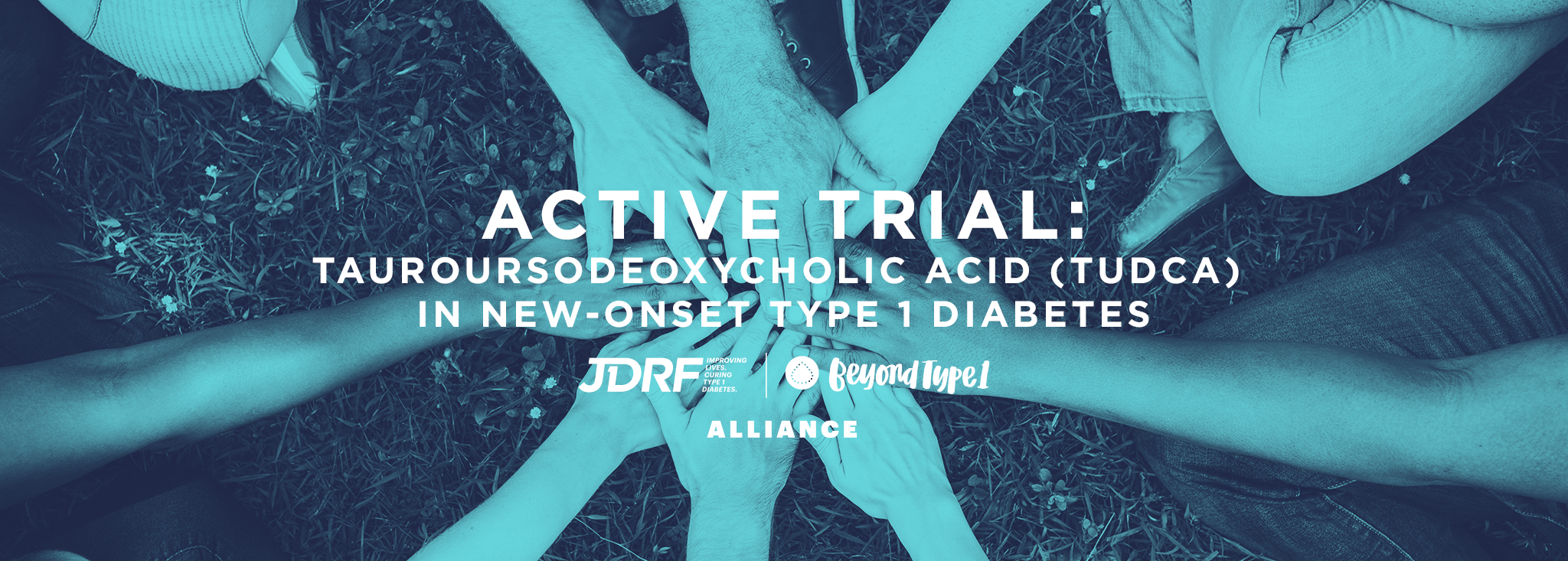

#Dr robin goland trial#
The trial will also answer more questions about beta cell preservation, if TUDCA can preserve insulin secretion with new onset T1D. The upcoming trial first seeks to confirm TUDCA’s safety in treating T1D, although it has already been used in Europe for the treatment of liver diseases for both adults and children as young as newborns. To see an interview with the lead investigator click here. Robin Goland, the lead investigator of the JDRF TUDCA trial and a professor of clinical medicine and pediatrics at the NewYork-Presbyterian Hospital/Columbia University Medical Center. “TUDCA appears, at least in cells, to help bolster the cells’ ability to withstand stress,” said Dr. Based on these JDRF-funded pre-clinical findings, a new trial, also funded by JDRF, will begin this month to determine if TUDCA is safe and effective in treating humans with T1D.

TUDCA, formally identified as tauroursodeoxycholic acid, is used to treat gallbladder and liver disease and is also identified as a “ chemical chaperone.” Because of its chaperone properties, TUDCA was discovered to alleviate ER stress, and when TUDCA was given at early stage of T1D in mice, a reduction of diabetes was observed.

The ER machinery may fail to keep up with the demand, potentially making insulin processing defective. Specifically, too much stress in the endoplasmic reticulum (ER), the structure within the beta cells that folds and packages insulin from its precursor form, places increasing demands on beta cells to produce insulin. Scientists are finding that a stress response in beta cells may play a significant role in the dysfunction and ultimate loss of beta cells in T1D. Yet new approaches are emerging based on what scientists are learning about how beta cells, the actual target of the autoimmune attack, may contribute to and possibly incite the immune response and diabetic disease process. Until recently, much of type 1 diabetes (T1D) research has focused on suppressing the autoimmune system to prevent or reverse disease, but this approach has been slow to yield promising, long-term results in people with T1D. JDRF-funded clinical study of a drug called TUDCA looks to improve beta cell functioning in people recently diagnosed with T1D


 0 kommentar(er)
0 kommentar(er)
